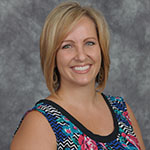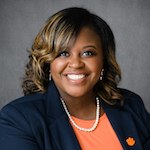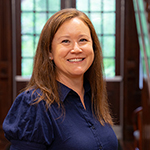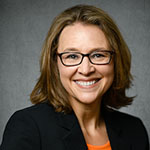
-
Academics
- Academics Overview
-
Undergraduate
- Undergraduate Overview
- Agricultural Education
- Early Childhood Education, B.A.
- Elementary Education, B.A.
- Middle Level Education, B.S.
- Mathematics Teaching, B.S.
- Modern Languages Education, B.A.
- Special Education, B.A.
- Secondary Education, B.A.
- Science Teaching, B.S./B.A.
- Athletic Leadership Minor
- Human Capital Education and Development
-
Master's and Specialist Programs
- Master's and Specialist Programs Overview
- Athletic Leadership (Online)
- Counselor Education
- Educational Leadership
- Human Resource Development
- Learning Sciences
- Literacy (Online)
- Middle Level Education, MAT
- Modern Languages, MAT
- Secondary Education, MAT
- Special Education (Online)
- Student Affairs
- Teaching and Learning (Online)
- Teaching and Learning, Ed.S.
- Doctoral Programs
- Certificates | Endorsements | Licensure
- Expressway to Tiger Town
- Bachelor's To Master's | Teacher Residency
- Teaching Fellows
- Research
- Programs
- Students
- About
Office of Field and Clinical Partnerships and Outreach
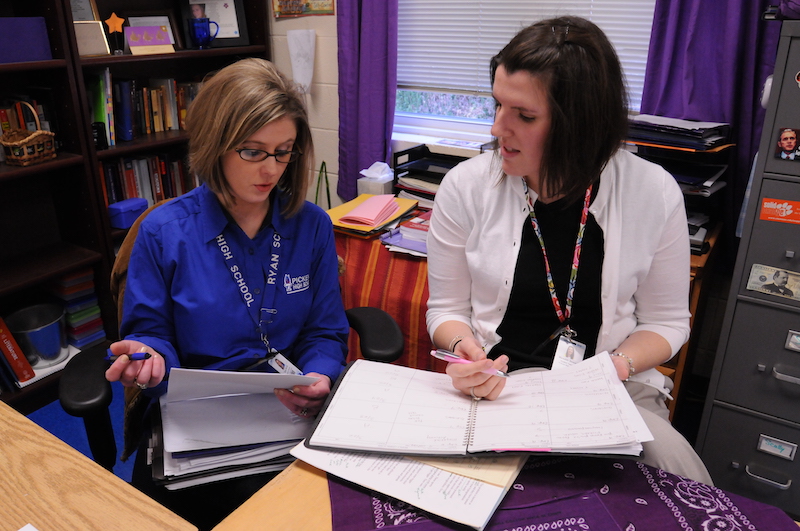
The Office of Field and Clinical Partnerships and Outreach is a multifaceted and dynamic unit within the College of Education. From orientation to graduation and initial licensure, the office plays an integral role in candidates' time at Clemson. Field and clinical experiences are interwoven into almost all College of Education programs. The Office of Field and Clinical Partnerships and Outreach works closely with program areas to coordinate a range of diverse experiences designed to prepare candidates for successful completion of their student teaching experience throughout their program and to have immediate impact in the PK-12 classroom. To learn more about field experiences, contact us.
-
Educational Leadership
The Department of Educational and Organizational Leadership Development uses research-based best practice and immersive experiences to prepare competent professionals to advocate for improved circumstances for the populations they serve. With nationally ranked programs and a faculty focused on the student experience, the department is recognized for its scholarly productivity and its ability to prepare students to obtain jobs and make an immediate impact. Learn more about Educational and Organizational Leadership Development programs and immersive experiences.
-
School and Clinical Mental Health Counseling
The Department of Education and Human Development is a state and national leader in addressing issues within schools and communities, offering programs in clinical mental health counseling, learning sciences, literacy, school counseling and special education. To learn more about these programs and their immersive experiences, click this link: M.Ed./Ed.S. Counselor Education.
-
Student Affairs
Our graduate programs at Clemson University build on the rich experiences and expertise of faculty and students to provide an educational environment in which both groups share in research, exploration, and inquiry. The result of this synergy is impact – on our community and beyond. Learn more about Student Affairs courses with field experiences.
-
Teacher Education
Meaningful and quality field and clinical practice experiences are essential to candidate preparation. The College of Education is committed to providing a range of diverse field and clinical experiences appropriate for the discipline in which candidates graduate prepared for careers in teaching. The Office of Field and Clinical Experiences and Outreach coordinates placements for candidates in our initial teacher preparation (undergraduate and graduate) programs.
All candidates must complete the South Carolina Department of Education (SCDOE) online application for a South Carolina Teaching Certificate and pay the fee during March 1st - 15th of their Junior year prior to student teaching. Additionally, South Carolina state law specifies that before beginning their full-time clinical teaching experience (student teaching), a teacher education candidate must undergo a state criminal records check by the State Law Enforcement Division (SLED) and a national criminal records check by the FBI. This must be done after completing the application and candidates must schedule an appointment for fingerprinting to complete these checks by April 1st of their Junior year. Directions on how to register for fingerprinting can be found on the last page of the student teaching application once it is complete and the fee has been paid.
Nearing graduation in their senior year, candidates will need to submit an additional application to the SCDOE, the Academic Application, at no cost by May 1st. Candidates must also submit their official Clemson Transcripts with their degree showing to the SCDOE to receive certification.
Candidates wishing to become certified in another state must complete SC certification procedures outlined above first to assist with obtaining licensure in other states. Please click here for more information on the SC Department of Education’s reciprocity with other states. Note: All states may not accept an initial licensure from the South Carolina Department of Education as meeting their specific state licensure requirements.
For current student teaching documents, forms and resources for all teacher education programs, click here.
Teacher Education
Clinical experiences are an integral part of teacher preparation. We are committed to providing candidates with purposeful, challenging and diverse clinical experiences. It is through a range of diverse, carefully constructed and challenging field-based experiences, in conjunction with classroom-based instruction, that candidates will recognize the inherent dignity and value of all individuals, value social justice and equality of opportunity and advocate on behalf of children and families.
Candidates will have clinical experiences throughout their four years, gradually increasing in scope and responsibility, with placements in classrooms, schools and districts that have longstanding commitments to high quality educational experiences for all children. Beginning with early tutoring experiences during their freshmen year, and continuing with a variety of early field observations throughout the sophomore and junior years, students are prepared for the culminating practicum and student teaching.
By the end of student teaching, candidates recommended for certification will have a strong base of disciplinary/content knowledge, classroom management skills, pedagogical skills and a deep understanding of foundational issues related to academic success and educational fairness.
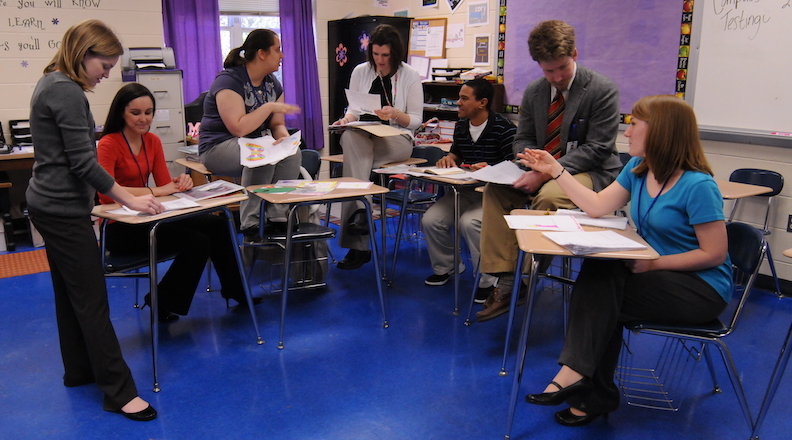
Contact Us

